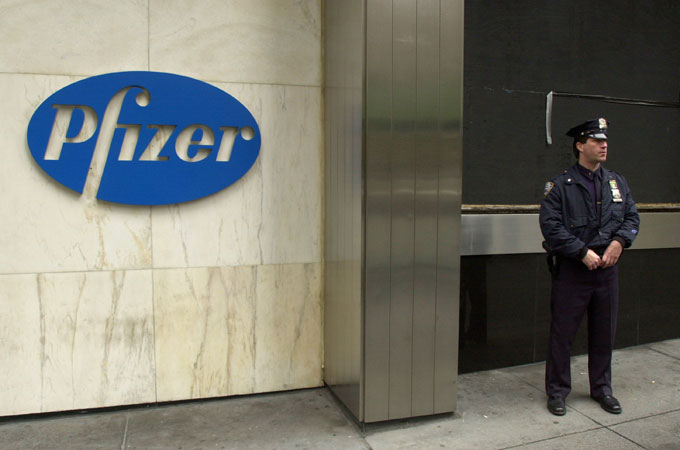J&J drug protocols cost taxpayers millions—Lawsuit claims Investigator fired after going public on J&J’s anti-psychotic drug campaign
Allen Jones was curious.
Why did Pennsylvania use a computer program that often pointed to a Johnson & Johnson drug over other, cheaper medicine to treat certain mental illnesses, the investigator for the Keystone State’s Office of Inspector General wanted to know. While the computer program mandated doctors use a new line of anti-psychotic drugs, including Risperdal, sold by J&J’s subsidiary Janssen companies, Jones said he couldn’t find government-funded medical studies showing that these new drugs were any more effective than their generic predecessors.



